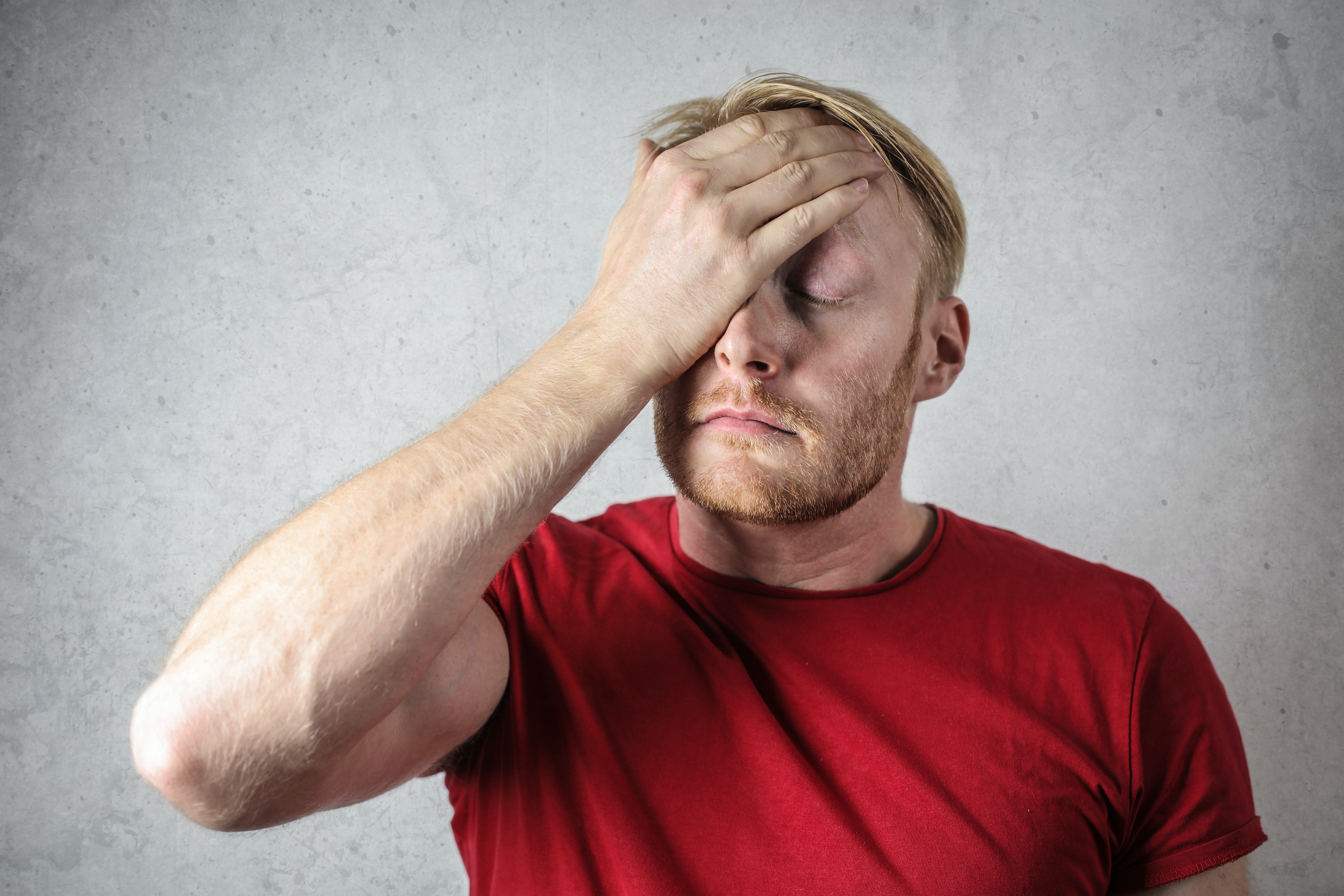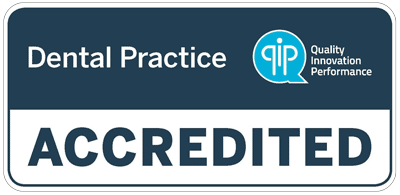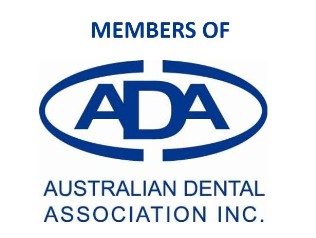Solutions for facial pain due to grinding or clenching
Grinding or clenching your teeth can cause facial pain, jaw pain, difficulty opening your mouth and also wear and damage to teeth and fillings.
Most people grind their teeth at night time, so may not always be aware they are doing it. Clenching refers to ‘gritting your teeth together’, and this can also cause considerable pain to the face muscles involved in this action.
These are the symptoms you should look out for if you suspect you might be grinding or clenching your teeth:
- Ask your partner (if relevant) if they have heard you grinding your teeth at night. Often the grinding sound can be very loud.
- Ask your dentist if you have signs of wear on your teeth. Often this presents itself in loss of the tooth’s enamel (white outer surface of teeth), exposing the second layer of the tooth (dentine).
- Abfraction refers to the loss of enamel at the neck of the tooth, and occurs due to grinding or clenching habits. Your dentist can let you know if you have any of these areas during a routine dental check-up.
- Waking up in the morning with the feeling of ‘tension’ or ‘tightness’ in your facial muscles or jaws can indicate over-working of these muscles due to nocturnal grinding or clenching.
- Reduced mouth opening and/or pain when opening or closing.
- Pain when the chewing muscles are massaged.
- Persistent headaches (there can also be many other various causes to headaches).
- Jaws locking when opening or closing
- Stress. Unfortunately with levels of stress and mental health issues on the rise, many people subconsciously grind their teeth as a result of these issues.
- Persistent cracking or structural breakdown of fillings, crowns and other restorations. This can occur due to the extra pressures put on these materials due to grinding or clenching.
- Feeling like all of your teeth are sore or tender to bite on. This can be distinguished from a toothache, as the pain is generalised to all teeth, as opposed to acutely affecting a few teeth.
If any of the above applies to you, we strongly recommend you speak to your dentist to explore what options there are to help with your pain and prevent damage to your teeth.
Here are some options to help with grinding or clenching:
- Soft diet and rest of the affected side.
- Avoid singing, blowing musical instruments and habits such as chewing pencils/finger nails.
- Anti-inflammatories for pain relief
- Massaging affected muscles gently
- Heat packs on affected side(s)
- Consideration of an occlusal splint (a guard worn at night to help with grinding)
- Muscle relaxants to ease the pain associated with the overworking of these muscles
Do you have more questions related to grinding or clenching? If so, you can speak to our friendly Claremont dental team on 6143 5655 or book online here.






